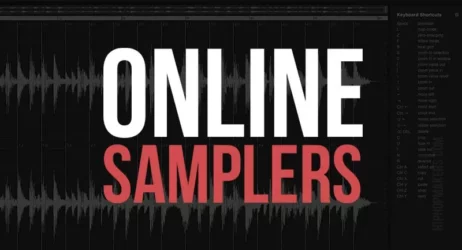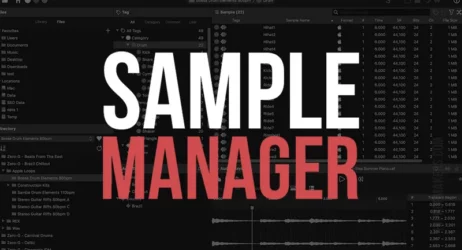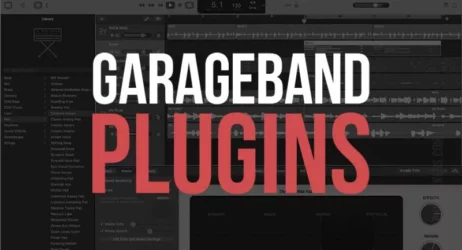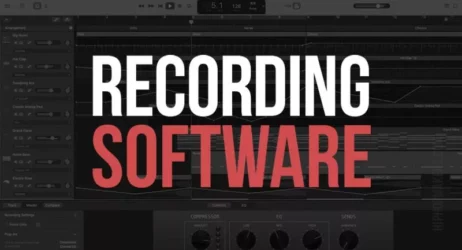This guide will answer what are music royalties, the different types of music royalties, how royalties are calculated, and streaming royalties.
What Are Music Royalties?
Music royalties are the payments that the right holders, such as composers, songwriters, and artists, receive in return for the licensed use of their music. Institutions such as TV shows, radio stations, venues, streaming platforms, and more that use the music pay the music royalties.
- What Are Music Royalties
- What Are the Types of Music Royalties
- How Are Music Royalties Calculated
- How Much Royalties Do You Get for a Song
- How Long Do Songs Earn Royalties
- Do Artists Get Paid For Radio Plays
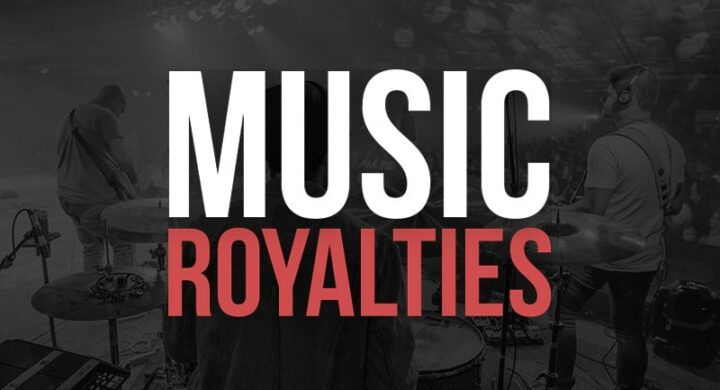
What Are Music Royalties?
In simple words, they are the payments given to the right holder of the music for the use or reproduction of their music. Royalties are the payments that music copyright holders get for their music’s use, broadcast, or sale.
Music royalties can be of different types, such as performance royalties, mechanical royalties, synchronization royalties, and print royalties. Continue reading to know more about each of the music royalties and other related questions.
What Are the Types of Music Royalties?
1. Performance Royalties
These royalties are generated when your music is performed publicly in places such as restaurants, bars, radios, internet radio, clubs, etc.
To play these songs in public, the venues have to pay a performance rights license fee. Instead of paying a fee for each, these businesses pay a yearly blanket license fee to the Performance Rights Organization to use its entire catalog of music registered with them.
Public Performance Organizations are the ones who collect the performance royalties. If you want to collect general performance royalties, you should register with a Performance Rights Organization.
Related: What Is BMI Music
These royalties are split in 50/50 among the songwriter and publisher of the work. So if you want to get the 100% of performance royalties, you have to register both as the writer and publisher.
2. Mechanical Royalties
Music royalties generate income for the physical or digital reproduction and distribution of copyrighted works. It is applied to all music formats such as:
- CD
- Vinyl
- Cassettes
- Digital downloads
- Streaming services
Music retailers or record labels sell your song or make a copy of it for download, and they have to pay a mechanical rights license fee.
For instance, songwriters are paid mechanical royalties by the record labels every time they press a CD of their work.
3. Synchronization Royalties
When music is played in timed synchronization with a visual, the Synchronization royalties are generated. The Sync licenses grant the right to use copyrighted songs in
- Films
- Television
- Commercials
- Video games
- Online streaming
- Advertisements, etc.
The production companies or businesses who want to sync your music must pay the sync—license fee. Royalties will be paid depending on the length of time your music is featured and how it is used.
It is important to note that a synchronization license will not include the right to use an existing sound recording with audio visual media such as a YouTube video.
Before using copyrighted music with a new audio-visual project, a licensee has to have a master use license.
4. Print Music Royalties
These royalties are earned when music is printed and sold, and these royalties are the least common form of payment a copyright holder gets.
This royalty is applied to copyrighted music transcribed to a print piece like sheet music and then distributed.
The copyright holder usually pays out these fees depending on the number of copies made of the printed piece.
5. Streaming Royalties
You can earn royalties when your music is streamed on popular streaming platforms like Spotify, Apple Music, Tidal music, and more.
How Are Music Royalties Calculated?
Music royalties are payments that are paid to a copyright holder of music. The copyright holder is generally the artist, but it can also be the record label, or it can also be both.
The people who are signed to a record label usually agree with the label that gives them a piece of copyright. It is often expressed in percentages to make it easier to split the revenues.
Royalties can arise for the use of a record for various things. The royalties are paid to the copyright holder or holders based on the agreed sums.
Related: 11 Best Music Streaming Royalty Calculators
How Much Royalties Do You Get for a Song?
How the record is utilized for the royalties to occur mainly decides how much royalties you can get on a record. There’s no particular royalty amount for a song because it can get monetized in various ways.
For example, a sync license might exist, which will pay some royalties, while another public performance license might pay more than streaming royalties, etc.
Whatever the case is, the amount of royalties that one can get for a song mainly depends on how it is being monetized.
Considering only the album sales, the math can be done like this: (Sale Price × Number of units). The royalties one will get will mainly be in accordance with the copyright agreement in place.
It is also important to note that in a case where multiple parties own a copyright to a song, all the royalties will get split as per the agreed-upon percentages that each copyright holder is entitled to get.
How Long Do Songs Earn Royalties?
The royalties in a song last as long as the copyright protection lasts. For example, in the US the copyright protection lasts the entire life of the copyright holder and an additional 70 years for the works published since 1978.
So how long a copyright holder will receive royalties on a record will depend on the copyright protection duration.
| Country: | Copyright Duration |
| United Kingdom | Life + 70 Years |
| United States | Life + 70 Years |
| India | Life + 60 years (except posthumous works) |
| South Africa | Life + 50 years |
Do Artists Get Paid Every Time Their Song Is Played on the Radio?
In most markets, both the recording artists and the songwriters usually get paid anytime their song is played on the radio.
However, in the US, this isn’t the case! In the American-based music industry, only the songwriters and their publishers get paid the performance royalties for airplay.
The radio royalty payout system works like this:
- The radio station firstly purchases a blanket license from its local Performance Rights Organization ( PRO).
- After that, the radio station reports the songs it has broadcasted back to the PRO
- Finally, the PRO distributes royalties, and the songwriter gets paid
Summary of Music Royalties
Music royalties are payments that musicians, composers, and songwriters receive from the licensed use of their music. Streaming platforms, radio stations, TV shows, films, radio stations, and other entities that use the music pay the royalties.
I hope you found this guide on music royalties helpful.
If we missed anything regarding music royalties, please share it in the comments.


